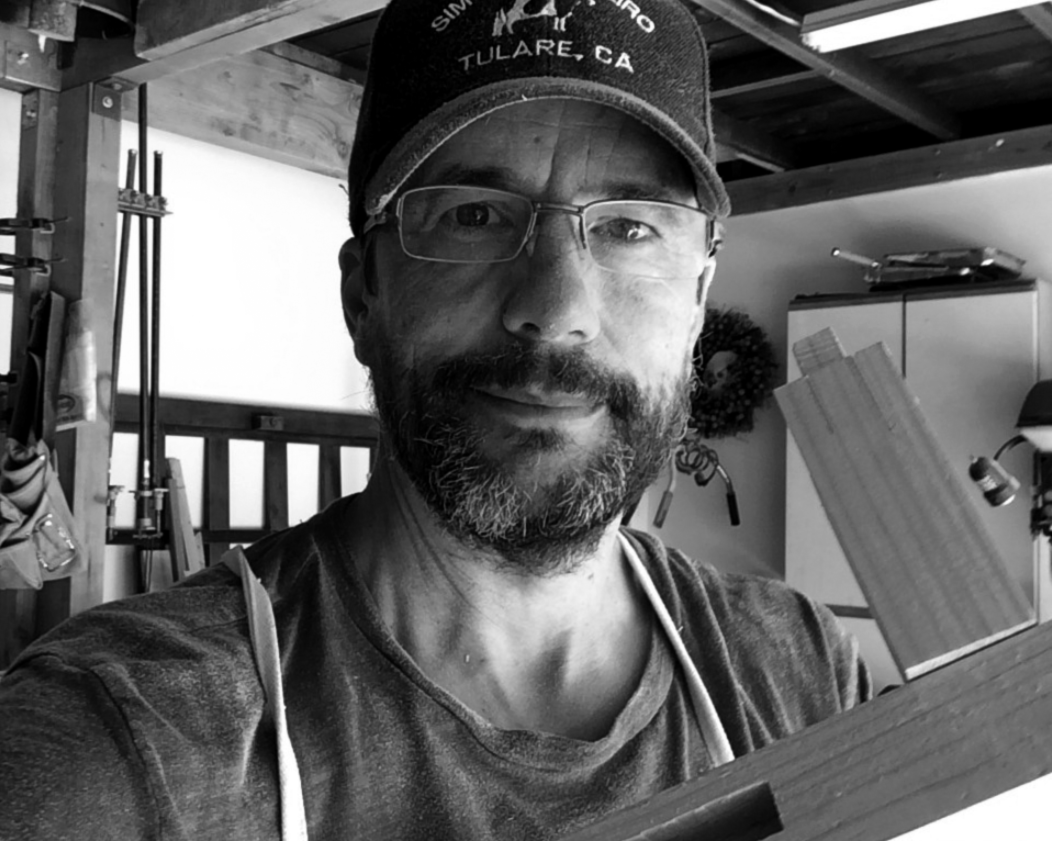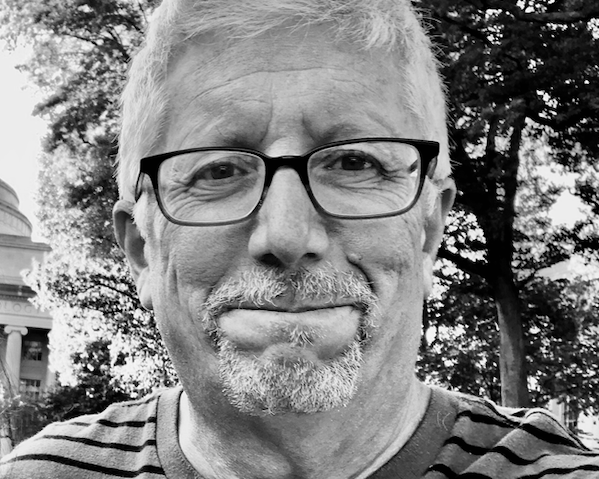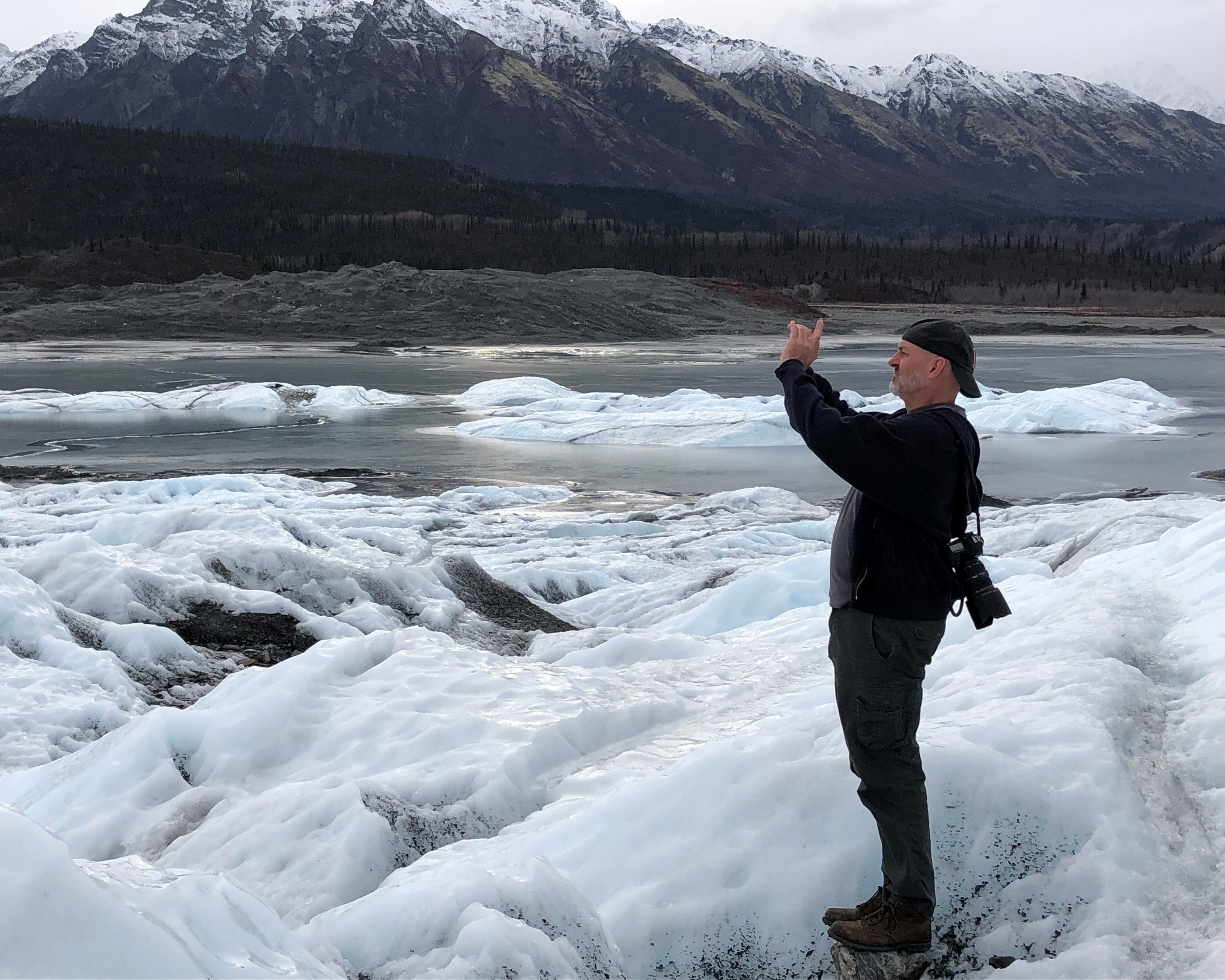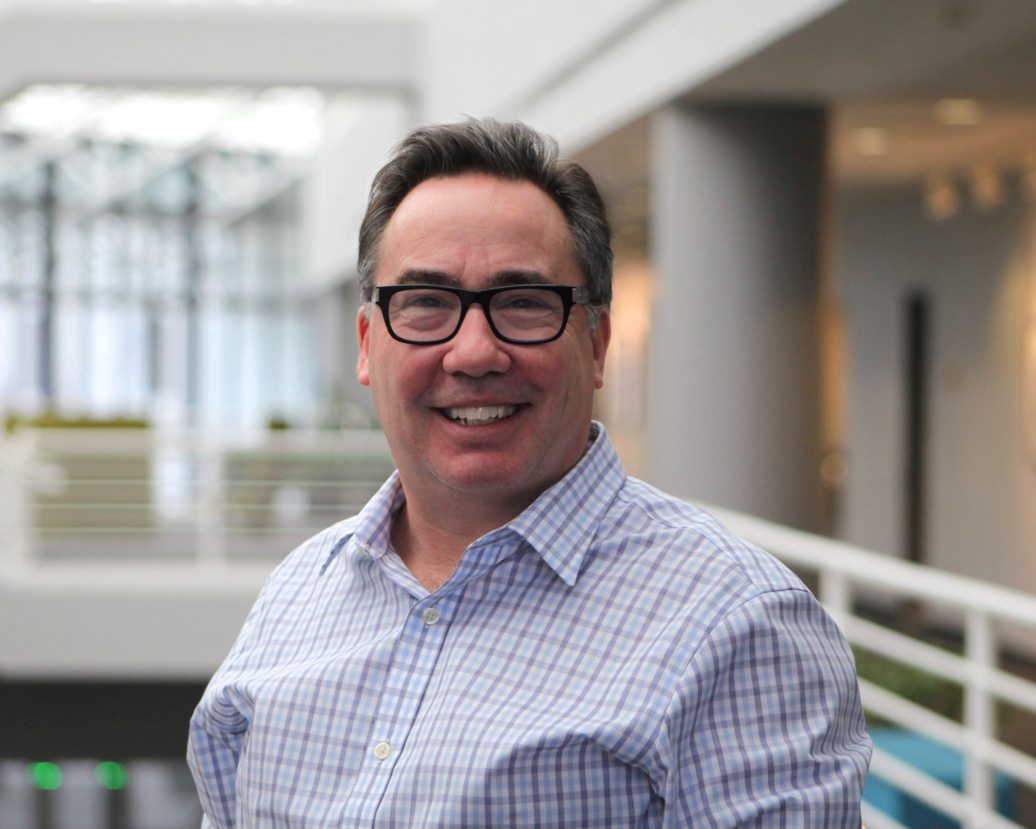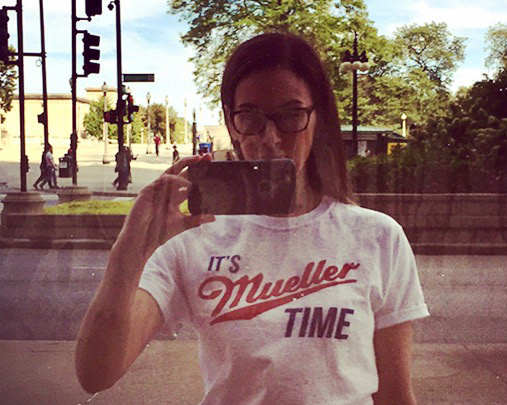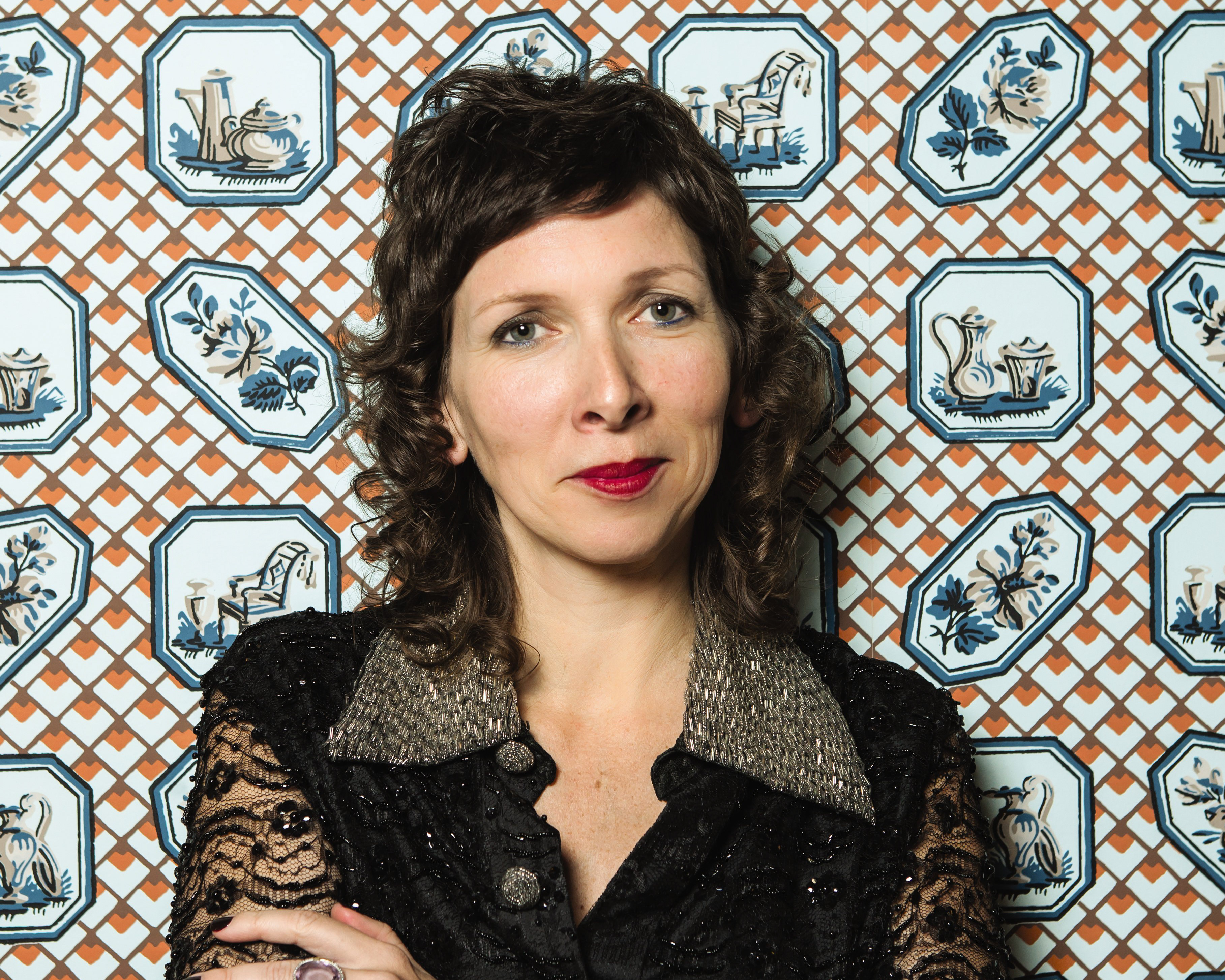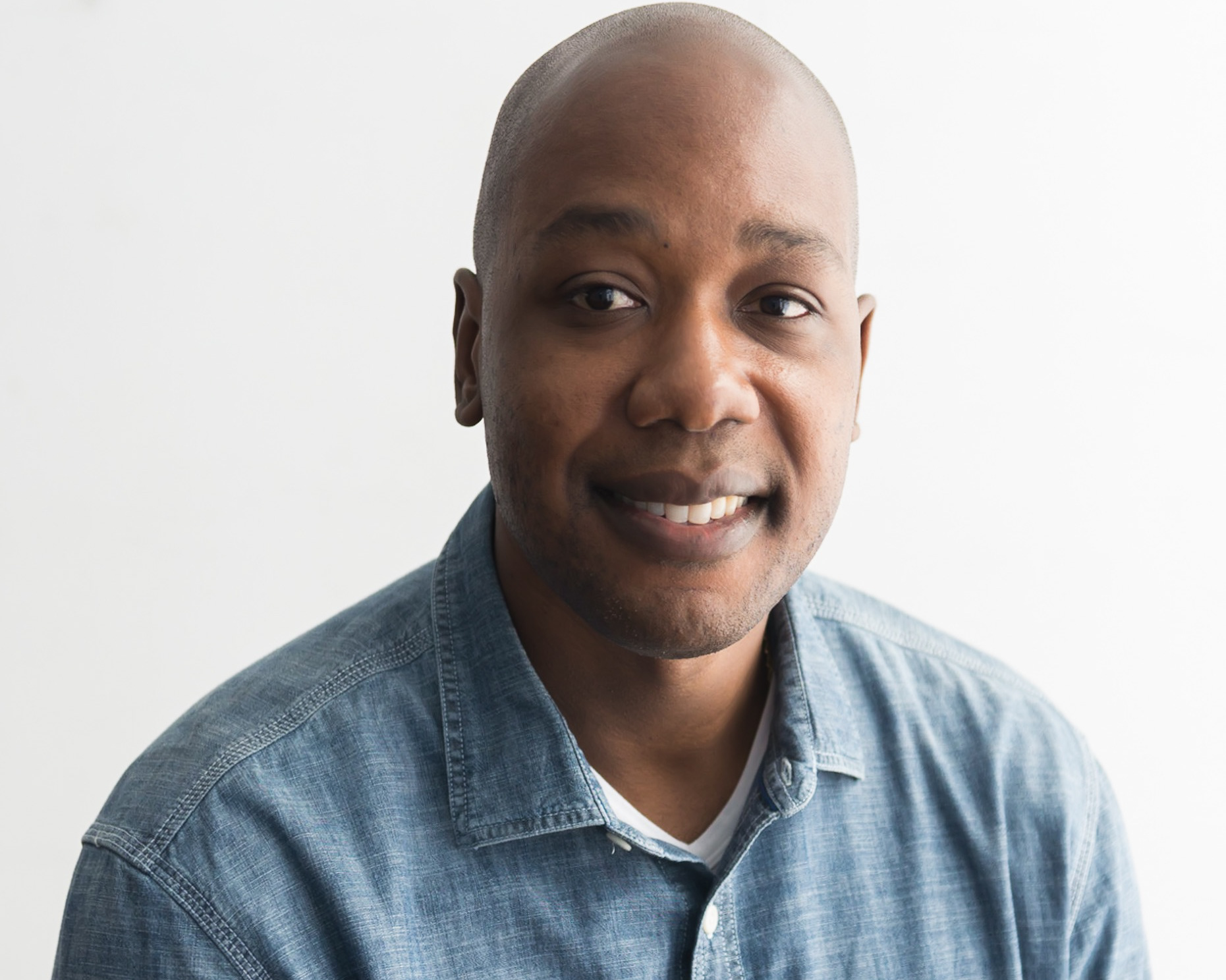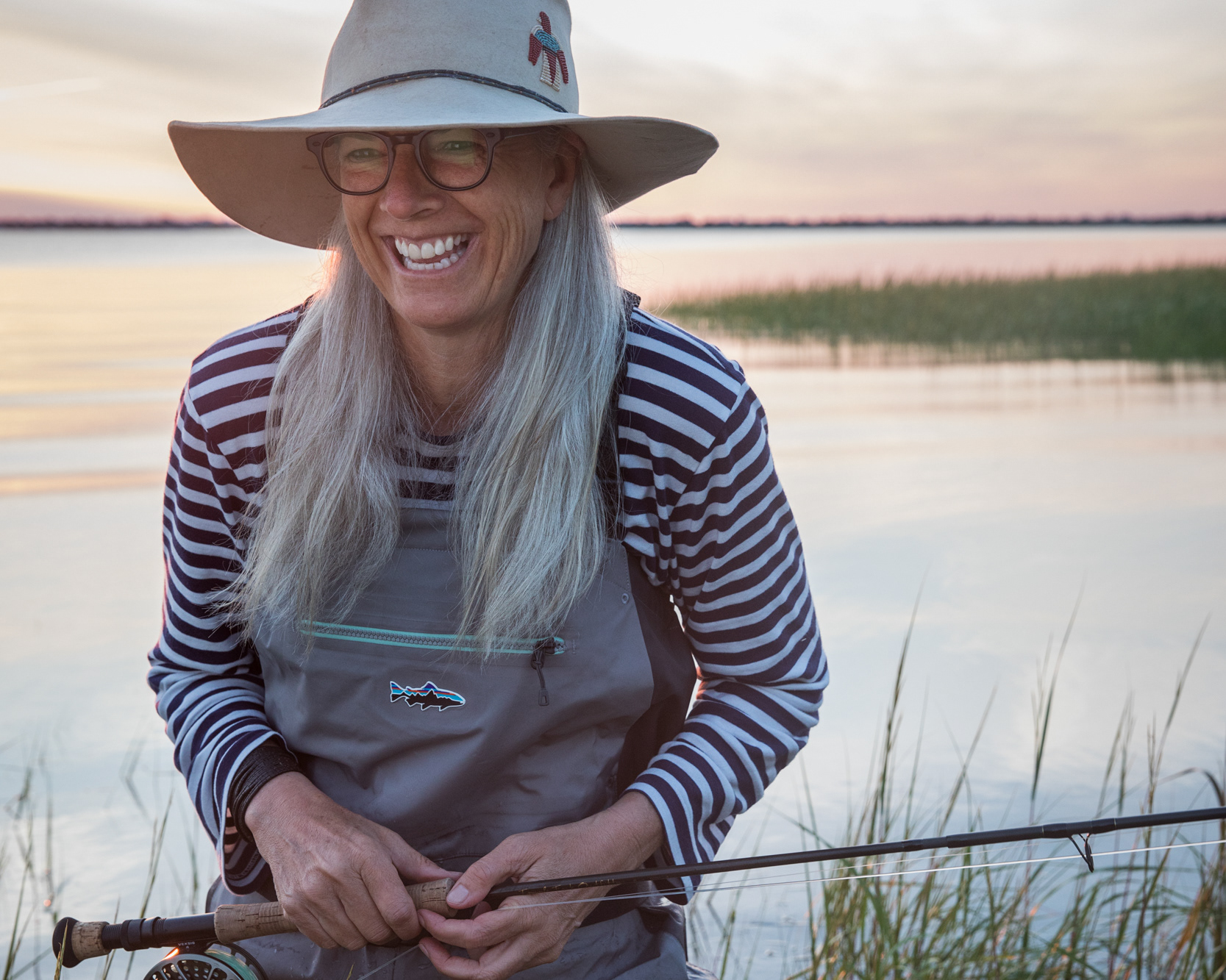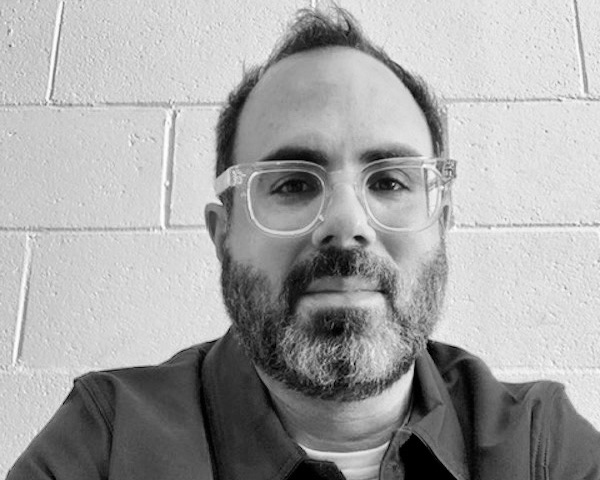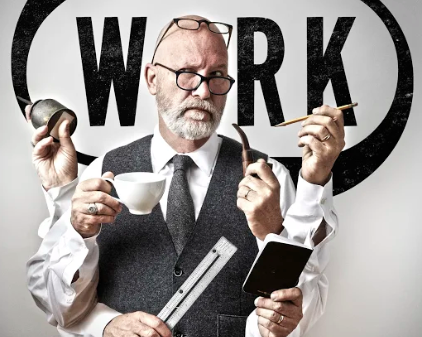Carolyn first got on our radar when one of her LinkedIn posts got our attention. We reached out immediately to get this brilliant woman to join the conversation, and she graciously agreed. Little did we know, Carolyn isn’t just an amazingly talented ECD at ad agency Young & Laramore, she’s also an amazingly talented blogger and podcaster for Eunioa, which means “beautiful thinking” in Greek. (Oh, and fun fact: Eunoia is the shortest word in the English language that contains all five vowels, in case you didn’t know—and we know you didn’t.) Here, you can find Carolyn’s brilliant interviews with “creatives, founders, artists and CEOs to find out where beautiful thinking comes from—and how we can all do more of it.” A few more fun facts can be found in that same LinkedIn article that first got our attention, where Carolyn lays out how she got where she is:
Dropped my nursing major.
Switched to graphic design. Got rejected.
Started over. Went to art school.
Got married.
Met the Y and L of Y&L. Fell hard.
Interviewed, three times
over three years.
Finally got the job.
Won my first national ADDY.
Won my first ADC Gold.
Became CD.
Had a daughter.
Won my first pencil.
Won client.
Made partner.
Lost client. (Same day I made partner.)
Had a son.
Won my first Effie.
Named a “Person to Watch” by GDUSA.
Created website PrayTheNews for Carmelite nuns.
Appeared on the Today Show (with the nuns).
Shaped the Brizo brand
and its partnership with Jason Wu
(back when nobody knew who he was).
Shortlisted for Cannes.
Judged my first CA Ad Annual.
Became ECD.
Flew to Portland to gather wisdom
from holy grail W+K .
Met with Susan Hoffman.
(Wise woman.)
Co-founded Creative Leaders Retreat.
Judged Effies.
Started a blog called Eunoia
about beautiful thinking.
Met some beautiful thinkers
while speaking across the country.
Still a student. Still growing. (Still failing.)
Still believe the best is yet to come.
Switched to graphic design. Got rejected.
Started over. Went to art school.
Got married.
Met the Y and L of Y&L. Fell hard.
Interviewed, three times
over three years.
Finally got the job.
Won my first national ADDY.
Won my first ADC Gold.
Became CD.
Had a daughter.
Won my first pencil.
Won client.
Made partner.
Lost client. (Same day I made partner.)
Had a son.
Won my first Effie.
Named a “Person to Watch” by GDUSA.
Created website PrayTheNews for Carmelite nuns.
Appeared on the Today Show (with the nuns).
Shaped the Brizo brand
and its partnership with Jason Wu
(back when nobody knew who he was).
Shortlisted for Cannes.
Judged my first CA Ad Annual.
Became ECD.
Flew to Portland to gather wisdom
from holy grail W+K .
Met with Susan Hoffman.
(Wise woman.)
Co-founded Creative Leaders Retreat.
Judged Effies.
Started a blog called Eunoia
about beautiful thinking.
Met some beautiful thinkers
while speaking across the country.
Still a student. Still growing. (Still failing.)
Still believe the best is yet to come.
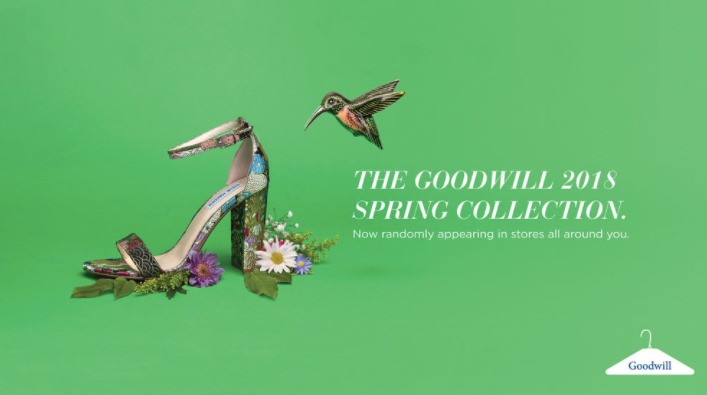
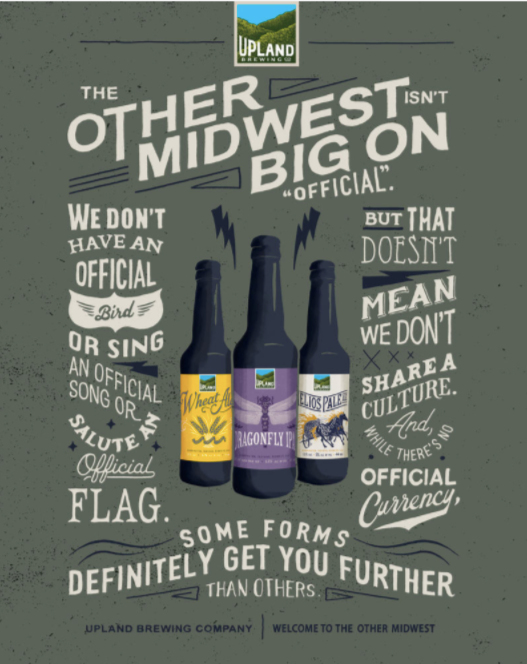
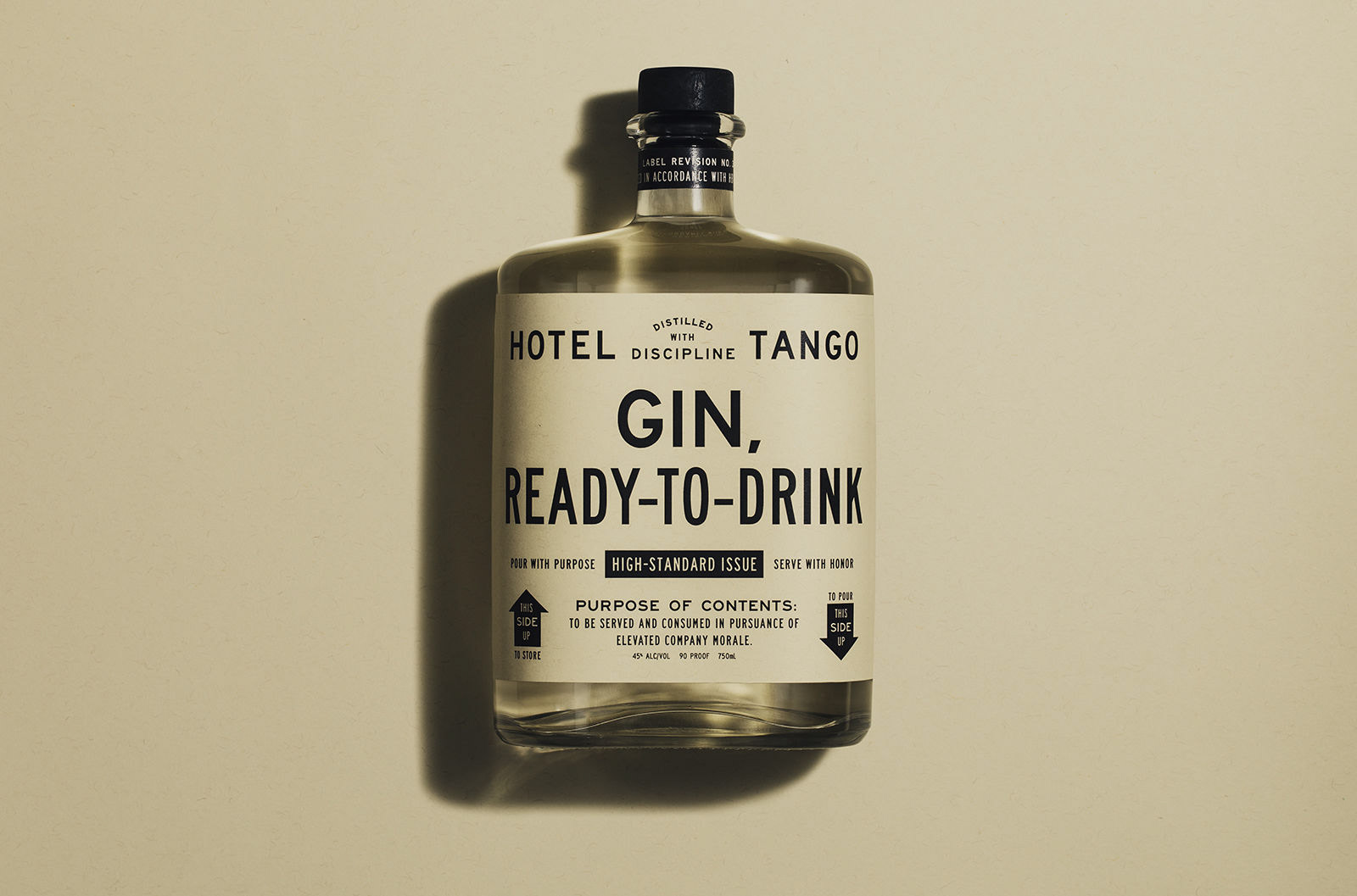
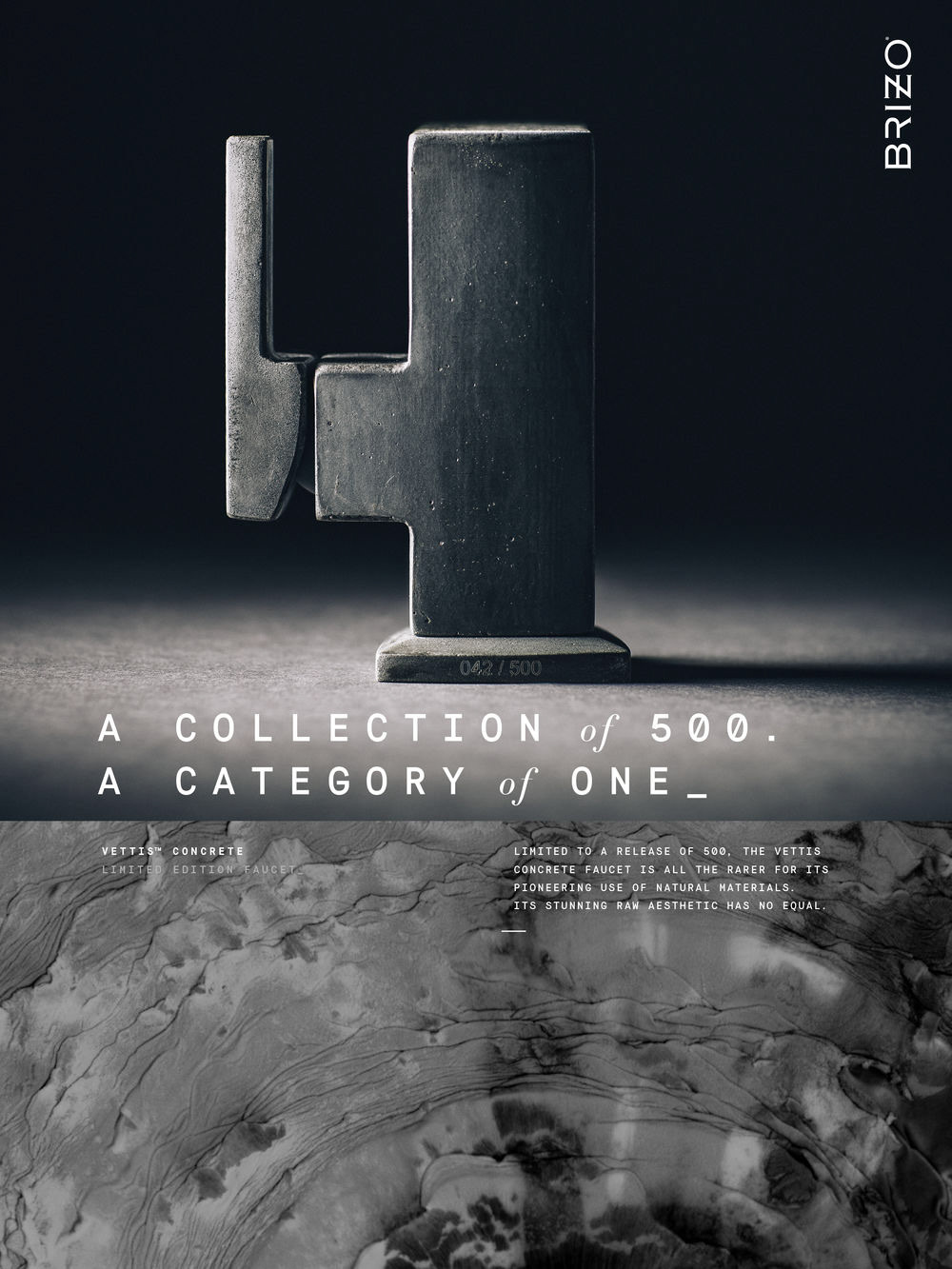
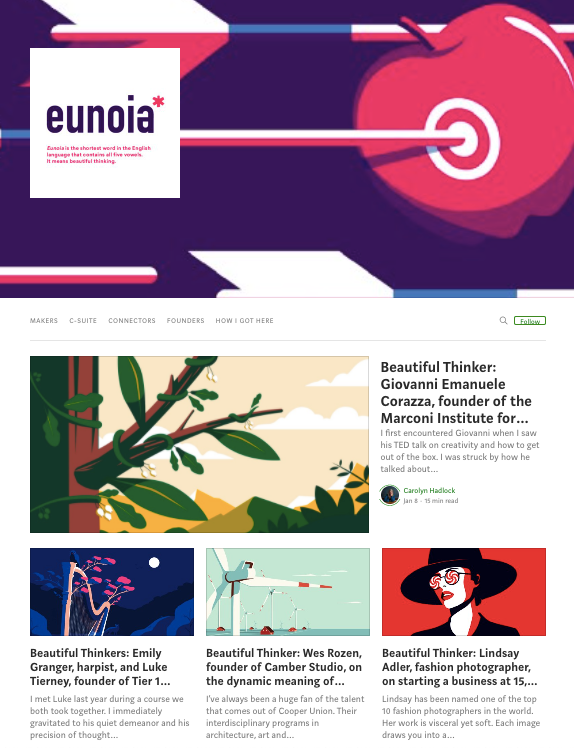
Is ageism in the industry something you thought about in your 30s? Your 40s?
I’ve always been aware of ageism because the industry is rife with it. Our industry is probably second only to Hollywood in ageism because there’s a “cool” factor to it that people equate with youth. That has only intensified with the rise of digital. Now we see departments both divided by age and magnified by disciplines, so the digital “kids” are the hotshots whereas the “traditional” creatives are the ones who get the steady, pay-the-bills kind of assignments. I really wish we could come up with a different label than “traditional” for creatives who aren’t digital natives.
To me, the antidote to ageism is staying current. Being relevant is less about age and more about curiosity. I remember loving digital storytelling when I was an AD because I had no limitations of space or time. My mind thought better and felt freer in that context, so I adapted to digital in the early days. (The days when I had my own SyQuest that held 88mb— those of you who know what I’m talking about can relate.) I also understood that the way to crack the awards annuals was to do work in digital categories where design and writing were woefully absent in the early days. (Sadly that’s still often the case.) I won my first One Show Pencil with a digital idea. I recall feeling dismissed by some of my creative peers at the time because I wasn’t a hold-out for the “serious” work of doing a :30 second spot, but that was short-lived when I started doing work that got noticed. It’s also helped me immensely with digital creatives because I truly do love the digital space. I don’t just tolerate it; I embrace it.
Is ageism something that’s affected you? What are some of the challenges you faced as a person who was getting older in the business? Do tell.
Interestingly, I experienced the reverse effect of ageism when I first started in my career. I always looked young (which my mother told me I’d appreciate when I was older) but I hated it because I never felt like I was being taken seriously. As a young Art Director (even in my 30’s) and a small (ok, short) person, I felt overlooked in client presentations because they thought I was right out of school. I would say often say something in a meeting that wouldn’t be acknowledged until someone else who they thought was older (and taller) would say it. So I couldn’t wait to get older because I wanted to be taken seriously. Credibility was a major thing for me personally when I was coming up. I knew that it equated with getting risky and bold work done. And I knew to become a CD, I had to prove that I could get that level of work done.
Here's a photo of Carolyn from the early days. And yes we see what she means!
I’m sure other people have said this too, but I do feel that this industry spits out people who don’t keep up culturally. It’s my job to know new music, the top video games, and up-and-coming social media darlings. It’s kind of a self-imposed fountain of youth. I’ve also been fortunate enough to have an aunt as a role model (whom I was named after) who is the coolest person I know. And she’s 87.
"It was my earliest and most concrete lesson that I could not put the fate of my career in someone else’s hands."
Tell us about your own creative journey. What are your thoughts on where you are now, compared to your mindset when you were in the beginning of your career?
I’ve written about this before because I think it’s so important to share my circuitous and perilous professional journey. Let me start with this: it took me 7 years, as a full-time student, to get my undergraduate degree. I have yet to find someone who can beat me in that stat.
I was pretty average at most things and an expert at nothing, which killed me when it came time to declare a major. I had no idea what I wanted to do. So I declared nursing as my major. That was a disaster from day one. Two years later, I realized I couldn’t stand to see people in pain, and I switched my major to design.
Thinking I was finally set on the right path, I went to my first design class and discovered that my professor was also the head of the department. Even though I finally applied myself to something (honest-to-goodness I did) I still wasn’t accepted into the next year of the program. Filled with determination, I marched into that professor’s office with my portfolio, opened it before him and demanded to know why he cut me. With little ceremony, he closed my book and told me I was wasting my parents’ money and that I had no talent. Not little talent. No talent. Wrecked and hopeless, I went to deliver the news to my parents that I had wasted yet another year.
I was pretty average at most things and an expert at nothing, which killed me when it came time to declare a major. I had no idea what I wanted to do. So I declared nursing as my major. That was a disaster from day one. Two years later, I realized I couldn’t stand to see people in pain, and I switched my major to design.
Thinking I was finally set on the right path, I went to my first design class and discovered that my professor was also the head of the department. Even though I finally applied myself to something (honest-to-goodness I did) I still wasn’t accepted into the next year of the program. Filled with determination, I marched into that professor’s office with my portfolio, opened it before him and demanded to know why he cut me. With little ceremony, he closed my book and told me I was wasting my parents’ money and that I had no talent. Not little talent. No talent. Wrecked and hopeless, I went to deliver the news to my parents that I had wasted yet another year.
Thankfully, I had people in my life at the time who saw promise and potential in me during an internship that summer, and they gave me the resolve to start over at another art school. I became a freshman when I should’ve been a senior. Of course, I know now that that path was the best thing for me. I excelled and found my stride and my voice. I became determined. For the first time I was good at something. I tell that story every chance I get, because had I not had the people around me at that time to lift me up and get me back in the game, who knows what I’d be doing now? It was my earliest and most concrete lesson that I could not put the fate of my career in someone else’s hands.
"I’ve been metaphorically 'sheltered' from the industry by not living on a coast... I didn’t become famous but on the flip side I don’t have burnout. I’m a big fan of 'bloom where you’re planted.'"
Did the reality of the ad industry contribute to the decisions you made/the path you’ve taken?
No. I’ve been metaphorically “sheltered” from the industry by not living on a coast. There is a value to being inland and off the beaten path. When I was first starting, I couldn’t wait to get out of Indianapolis, but it’s allowed me to grow at my own pace- with intention. I didn’t become famous but on the flip side I don’t have burnout. I’m a big fan of “bloom where you’re planted.” Restraints are the well spring of creativity.
Of course, there are personal boundaries that need to be set inside this business that I recognized and developed early on. One example is committing to not being gone from home after I became a mom for more than 3 nights. Another is not being available on vacation. I actually find it an act of arrogance to think that any one person is indispensable. I suppose being gone for 6 weeks on maternity leave twice showed me that it’s possible to be gone and still be able to plug back in quickly. Learning how to “live” with decisions other people made has allowed me to scale more quickly and do the work that I want to do.
Our industry is filled with hubris and I’ve worked really hard never to become seduced by that. I saw friends and colleagues fall victim to the shallow promise of an agency name and / or title only to be disappointed again and again. It’s not them. It’s you.
"... you have to be upfront with what you need. But you must be self-aware enough to understand if you’re ready or are deserving of what you want."
What do you feel creative people over 50 can offer over someone 20 years their junior, things that are unappreciated, or just plain overlooked?
I’m not sure this is an age-based thing as much as it is an experienced-based thing. But if I had to pick two things it would be self-awareness and perseverance. (By the way, there are a few 50-year-olds I know who would benefit from this too.) I remember a long time ago my CD gave me a compliment that confused me slightly at the time. He said, “One of my favorite things about you is that you aren’t ever a victim.” But once I understood what he meant it’s become a mantra. No one is responsible for you—for your development or your success. You have to be in charge of your career. That doesn’t mean it’s all about you; it just means that you have to be upfront with what you need. But you must be self-aware enough to understand if you’re ready or are deserving of what you want.
I’m not sure this is an age-based thing as much as it is an experienced-based thing. But if I had to pick two things it would be self-awareness and perseverance. (By the way, there are a few 50-year-olds I know who would benefit from this too.) I remember a long time ago my CD gave me a compliment that confused me slightly at the time. He said, “One of my favorite things about you is that you aren’t ever a victim.” But once I understood what he meant it’s become a mantra. No one is responsible for you—for your development or your success. You have to be in charge of your career. That doesn’t mean it’s all about you; it just means that you have to be upfront with what you need. But you must be self-aware enough to understand if you’re ready or are deserving of what you want.
What is your advice to people who are nearing or over 40 in the ad industry?
Don’t be a victim.
Don’t be a victim.
How are you approaching the next 10 years? What does your future hold?
I have no idea. I’m less about knowing the goal and more about following relevance and trusting that it will get me (and the agency) where we want to go.
I have no idea. I’m less about knowing the goal and more about following relevance and trusting that it will get me (and the agency) where we want to go.
"It’s bullshit that we ascribe talent to the young and experience to the old... frankly it’s a very uncreative conclusion. You can’t organize relevance. We are creatives. If we can’t figure ageism out, who can?"
What do you see as potential solutions for ageism in the industry? Any thoughts on possibly unionizing?
I believe in having more diverse teams— not only in race and gender, but in age. I heard a great agency leader once talk about why you need both; you need people who have a fresh perspective to challenge the status quo and bring unharnessed thinking, but you also need the person who knows the terrain and has the confidence that they can deliver against a deadline. That’s a professional. It’s bullshit that we ascribe talent to the young and experience to the old. That is seeing a complex issue in black and white and frankly it’s a very uncreative conclusion. You can’t organize relevance. We are creatives. If we can’t figure ageism out, who can?
What are some positive things you’ve experienced as you’ve grown older in the business?
Paula Scher (one of my favorite designers) showed a graph of experience during a talk about influence with a client. She describes the different stages of our career from the beginning where we aren’t taken seriously to being in our 50’s and having credibility with our clients because more times than not, we’re the same age. There’s power in that.
Paula Scher (one of my favorite designers) showed a graph of experience during a talk about influence with a client. She describes the different stages of our career from the beginning where we aren’t taken seriously to being in our 50’s and having credibility with our clients because more times than not, we’re the same age. There’s power in that.
I also remember turning 40 and thinking that I had the power to finally say “No” to things. Why that was magically imposed on me at that moment, I have no idea, but it stuck, and it was liberating. You can get a lot done if you aren’t afraid to say no to things.
Who do you look to for inspiration?
When I became the first ECD the agency ever had, I was tasked with coming up with my own job description and blueprint. It was hugely gratifying but also terrifying. So I did what I always do, I went to the top of the mountain and asked someone I admired how they did it- Susan Hoffman at W+K. That experience inspired me to help co-found the Creative Leaders Retreat with the One Club and start a blog called Eunoia (the Greek word for “beautiful thinking”) where I interview people across disciplines across the globe who are beautiful thinkers. I’ve always been motivated by people’s stories and can learn in an hour what would take most people years.
When I became the first ECD the agency ever had, I was tasked with coming up with my own job description and blueprint. It was hugely gratifying but also terrifying. So I did what I always do, I went to the top of the mountain and asked someone I admired how they did it- Susan Hoffman at W+K. That experience inspired me to help co-found the Creative Leaders Retreat with the One Club and start a blog called Eunoia (the Greek word for “beautiful thinking”) where I interview people across disciplines across the globe who are beautiful thinkers. I’ve always been motivated by people’s stories and can learn in an hour what would take most people years.

